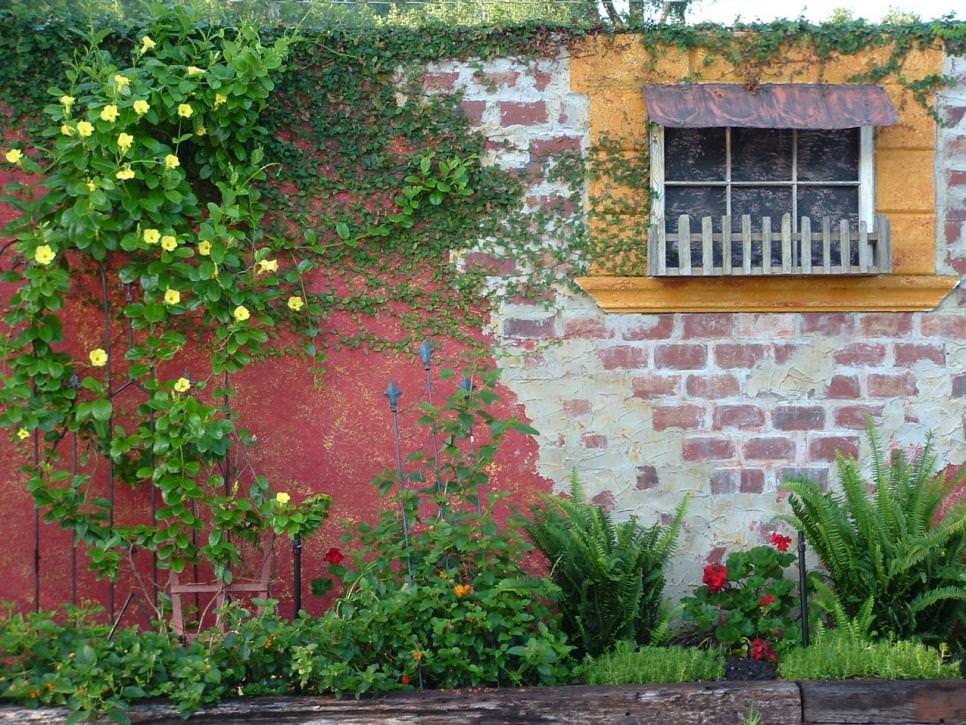Ali Smith

To Spend the Afternoon by Eugenio Montale
To spend the afternoon, absorbed and pale,
beside a burning garden wall;
to hear, among the stubble and the thorns,
the blackbirds cackling and the rustling snakes.
On the cracked earth or in the vetch
to spy on columns of red ants
now crossing, now dispersing,
atop their miniature heaps.
To ponder, peering through the leaves,
the heaving of the scaly sea
while the cicadas' wavering screech
goes up from balding peaks.
And walking out into the sunlight's glare
to feel with melancholy wonder
how all of life and its travail
is in this following a wall
topped with the shards of broken bottles
https://www.poemhunter.com/eugenio-montale/
BIOGRAPHY:
Eugenio Montale was Born in Genoa, Italy in 1896 into a family of chemical products traders. He worked as an accountant but left to pursue literature. Mostly self- taught, he found his inspiration from other writers and landscapes. In 1975, he won the Nobel Prize in Literature. He is thought to be the most influential Italian poet Giacomo Leopardi.
PARAPHRASING:
When the author steps out into nature he sees the beauty and peacefulness of it. He wonders and feels sorrow for how humans humans have impacted nature.
SPEAKER:
The auther was inspired by the lanscape of where he went on vacation in Ligura, Italy. In many of his poems he uses various lanscapes that he had experienced first hand, to influence his work.
FIGURATIVE LANGUAGE:
The first example of firgurative language we see in this poem starts when the author says, "...the heaving of the scaly sea..." This is imagery used to vividly portray the garden landscape. We also see figurative language soon afterward when the author hyperbolic describing words such as, "wavering screech" to exagerate the volume of the the cicadas sound. In addition the sound is said to go "...up from balding peaks..." to furthur portray the powerfulness of the natural sound.
FORM:
Elements of the form that impact the form include the fact that the poem does not include a set rhyme scheme at all. This helps portray how busy and unorganized nature is, yet at the same time it all mashes together in the end to make something beautiful.
TONE:
The tone of this peom is very calm and respectful of all the wonders of nature. This tone carries throughout the majority of the poem, however, when we get the the end, we see it change dramatically. In the last few lines, the tone changes to a very sad and disapointed tone after bringing up how humans have impacted nature.
THEME:
The theme of this peom is nature is cohesive and peaceful until humans intervene.
BIBLIOGRAPHY:
Poem- https://www.poemhunter.com/eugenio-montale/
Picture- www.google.com
Biography- https://www.wikipedia.com
I would not agree that this poem has a theme of humans disrupting nature. I think that this poem is all about coexistence. Humans are just as much an animal as the red ants, and we all live in nature together. The poem has a peaceful tone to bring out the beautiful imagery of animals in nature. Humans build more elaborate things than other animals, however all have to live with it no different than the rest. -Fuller Sasser
ReplyDelete(Kate Humphreys' comment. . .) The theme of humans disrupting nature fits well with the poem. The shattered glass on top of the wall symbolyses destruction. In the peaceful garden, the author uses vivid imagery to discribe his surroundings. Since he wrote many of his poems outdoors where he vacations, maybe this is where he got his ispiration from the poem. Although this poem has a more peaceful tone, I agree and thing the overall message is about negative human interactions with nature.
ReplyDelete